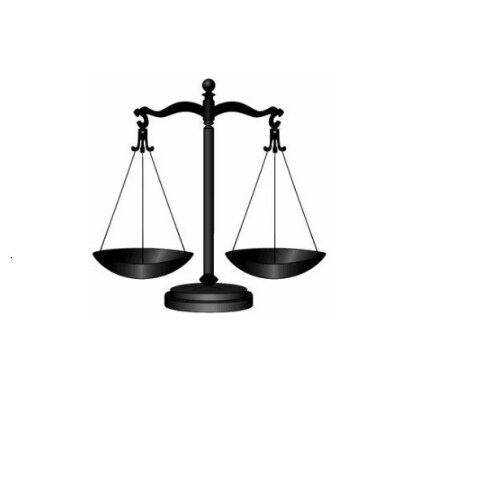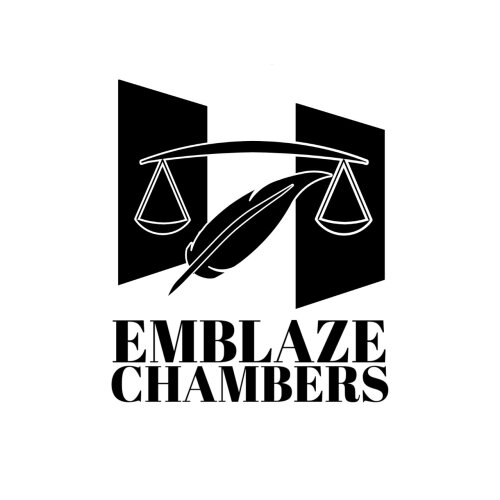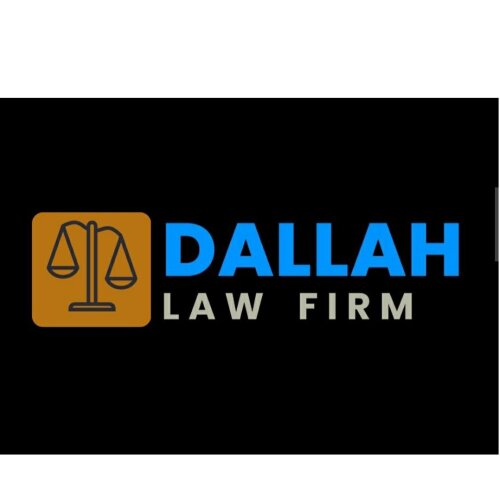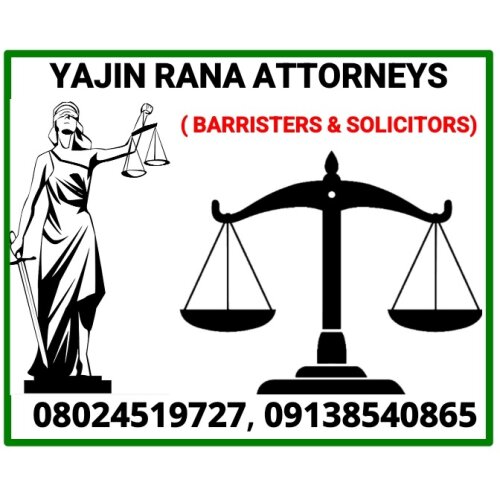Best Civil Rights Lawyers in Nigeria
Share your needs with us, get contacted by law firms.
Free. Takes 2 min.
Or refine your search by selecting a city:
List of the best lawyers in Nigeria
About Civil Rights Law in Nigeria
Civil Rights in Nigeria are protected under the Constitution and various laws to ensure that every individual has certain fundamental rights and freedoms. These rights include the right to equality, freedom of expression, freedom of assembly, and the right to a fair trial. Civil Rights Law in Nigeria aims to promote and protect these rights for all citizens.
Why You May Need a Lawyer
There are various situations where you may require legal help in the field of Civil Rights in Nigeria. This could include cases of discrimination, police brutality, unlawful detention, wrongful termination, or violation of your freedom of speech. A lawyer who specializes in Civil Rights can help you understand your rights, navigate the legal system, and seek justice for any violations.
Local Laws Overview
In Nigeria, Civil Rights are enshrined in the Constitution of the Federal Republic of Nigeria, as well as various laws and international conventions that Nigeria is a signatory to. Some key aspects of local laws relevant to Civil Rights in Nigeria include the right to life, right to dignity of the human person, and the right to fair hearing. It is important to be familiar with these laws to protect your rights.
Frequently Asked Questions
1. What are my fundamental Civil Rights in Nigeria?
In Nigeria, your fundamental Civil Rights include the right to life, right to dignity of the human person, right to personal liberty, right to fair hearing, and freedom of expression.
2. Can I sue the government for violating my Civil Rights?
Yes, you can take legal action against the government for violating your Civil Rights. You may need a lawyer to help you navigate the complex legal procedures involved in such cases.
3. How do I prove that my Civil Rights have been violated?
You can provide evidence such as witness testimonies, documents, audio or video recordings, and any other relevant information to prove that your Civil Rights have been violated. A lawyer can help you gather and present this evidence effectively.
4. What should I do if I believe my employer has discriminated against me?
If you believe you have been discriminated against by your employer, you can seek legal advice and assistance from a lawyer who specializes in employment law and Civil Rights. They can help you understand your rights and options for pursuing a claim.
5. Can I be arrested without a warrant in Nigeria?
No, you cannot be arrested without a warrant in Nigeria except in cases of a breach of peace or when a police officer witnesses you commit a crime. If you have been unlawfully arrested, you may have grounds to seek legal redress for violation of your Civil Rights.
6. What is the role of the National Human Rights Commission in Nigeria?
The National Human Rights Commission in Nigeria is tasked with promoting and protecting human rights in the country. If you believe your Civil Rights have been violated, you can file a complaint with the Commission for investigation and possible redress.
7. How long do I have to file a claim for violation of my Civil Rights?
The time limit for filing a claim for violation of your Civil Rights may vary depending on the specific circumstances of your case. It is important to seek legal advice as soon as possible to ensure that you do not miss any applicable deadlines.
8. Can I receive compensation for violation of my Civil Rights in Nigeria?
If your Civil Rights have been violated, you may be entitled to compensation for damages suffered as a result. A lawyer can help you assess the damages you have incurred and seek appropriate compensation through legal means.
9. What are my options if I cannot afford a lawyer for a Civil Rights case?
If you cannot afford a lawyer for a Civil Rights case, you may be eligible for legal aid provided by the Legal Aid Council of Nigeria or other organizations that offer pro bono legal services. It is important to explore these options to ensure access to justice.
10. How can I report a case of police brutality in Nigeria?
If you have been a victim of police brutality in Nigeria, you can report the incident to the nearest police station, the National Human Rights Commission, or a lawyer who specializes in handling cases of police misconduct. It is important to document the incident and seek legal assistance promptly.
Additional Resources
For more information and support related to Civil Rights in Nigeria, you can contact the National Human Rights Commission, Legal Aid Council of Nigeria, Nigerian Bar Association, or human rights organizations such as the Civil Liberties Organization and Human Rights Watch.
Next Steps
If you require legal assistance in the field of Civil Rights in Nigeria, it is important to consult with a lawyer who specializes in this area of law. They can provide you with expert advice, represent you in legal proceedings, and help you seek justice for any violations of your rights. Remember to document any incidents, gather evidence, and act promptly to protect your Civil Rights.
Lawzana helps you find the best lawyers and law firms in Nigeria through a curated and pre-screened list of qualified legal professionals. Our platform offers rankings and detailed profiles of attorneys and law firms, allowing you to compare based on practice areas, including Civil Rights, experience, and client feedback.
Each profile includes a description of the firm's areas of practice, client reviews, team members and partners, year of establishment, spoken languages, office locations, contact information, social media presence, and any published articles or resources. Most firms on our platform speak English and are experienced in both local and international legal matters.
Get a quote from top-rated law firms in Nigeria — quickly, securely, and without unnecessary hassle.
Disclaimer:
The information provided on this page is for general informational purposes only and does not constitute legal advice. While we strive to ensure the accuracy and relevance of the content, legal information may change over time, and interpretations of the law can vary. You should always consult with a qualified legal professional for advice specific to your situation.
We disclaim all liability for actions taken or not taken based on the content of this page. If you believe any information is incorrect or outdated, please contact us, and we will review and update it where appropriate.
Browse civil rights law firms by city in Nigeria
Refine your search by selecting a city.
















